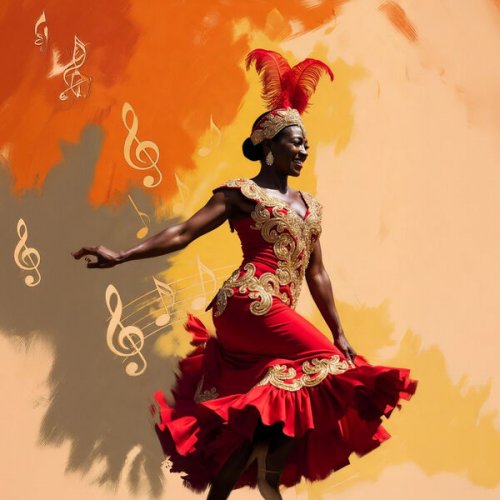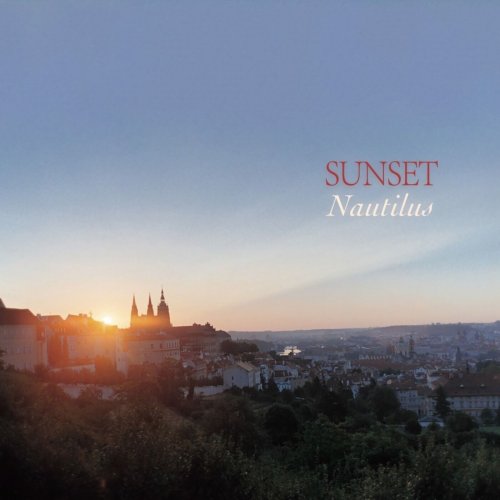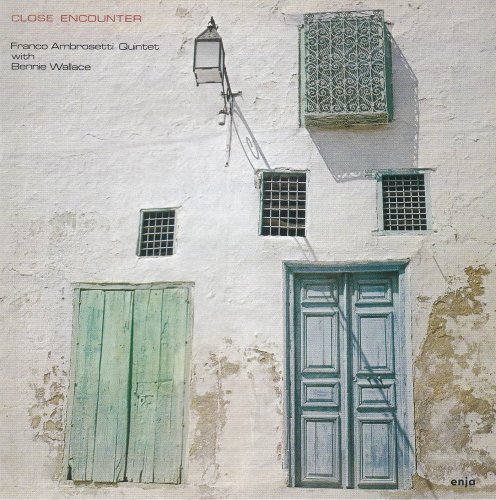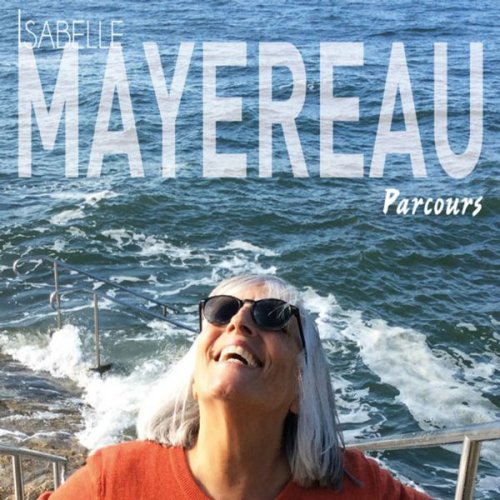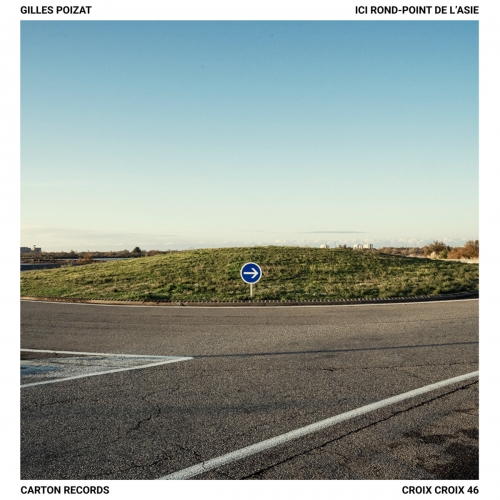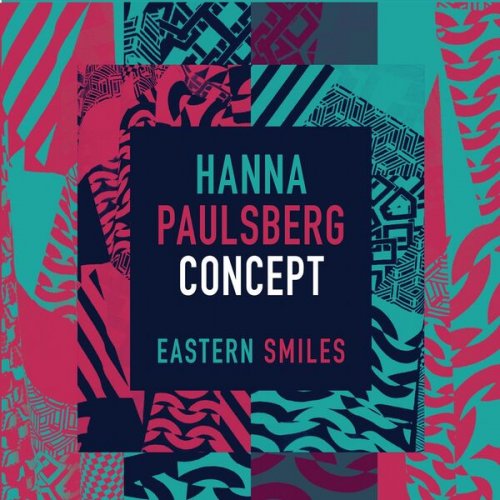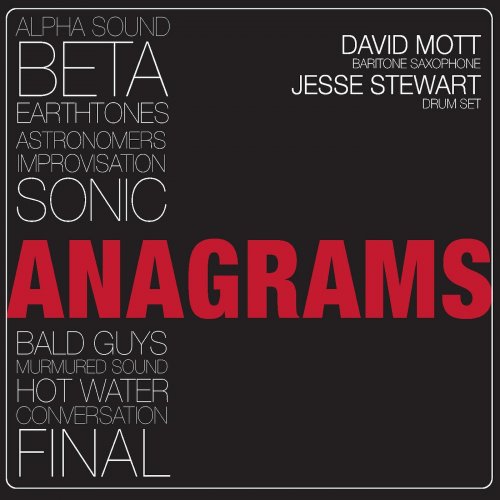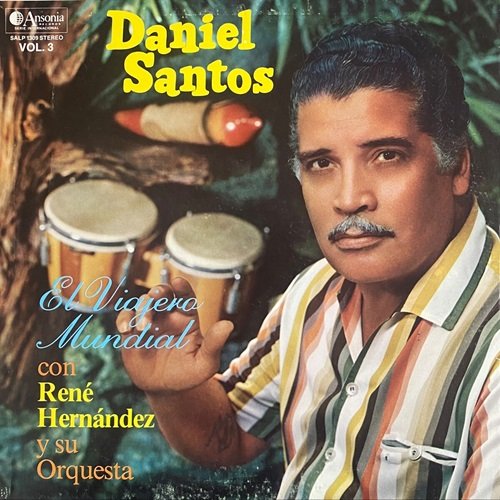ARTEK & Gwendolyn Toth - Soli Deo Gloria: Cantatas of Johann Rosenmüller (2014)
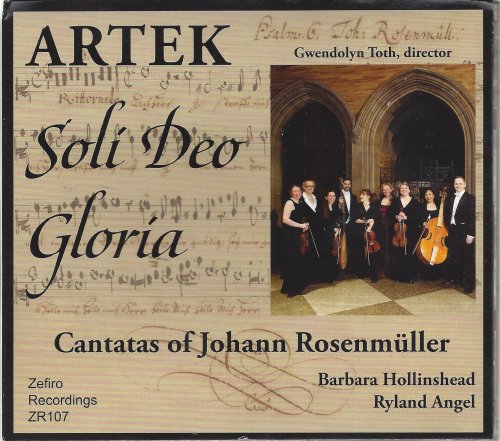
Artist: ARTEK & Gwendolyn Toth
Title: Soli Deo Gloria: Cantatas of Johann Rosenmüller
Year Of Release: 2014
Label: Zefiro Recordings
Genre: Classical
Quality: FLAC (image + .cue, log, artwork)
Total Time: 70:11 min
Total Size: 325 MB
WebSite: Album Preview
Tracklist:Title: Soli Deo Gloria: Cantatas of Johann Rosenmüller
Year Of Release: 2014
Label: Zefiro Recordings
Genre: Classical
Quality: FLAC (image + .cue, log, artwork)
Total Time: 70:11 min
Total Size: 325 MB
WebSite: Album Preview
01. Ach Herr, strafe mich nicht
02. O Salvator dilectissime
03. Aeterne Deus
04. Christum ducem
05. Lieber Herre Gott
06. O dives omnium
07. Treiffet ihr Himmel
08. Vox dilecti mei
09. Salve dulcis Salvator
10. Ascendit Christus in altum
ARTEK:
Gwendolyn Toth, director & organ
Barbara Hollinshead, mezzo-soprano
Ryland Angel, countertenor
Cynthia Freivogel, violin leader
Vita Wallace, violin
Theresa Salomon, viola
Marka Young, viola
Motomi Igarashi, violone
Priscilla Herreid, dulcian
Joan Kimball, dulcian
Robert Wiemken, dulcian
Daniel Swenberg, theorbo
Grant Herreid, theorbo
Johann Rosenmüller (1619-1684) was without a doubt the greatest German composer of his generation. He artfully combined elements of Italian and German styles to create distinctive and intensely beautiful music that sounds as fresh today as it did in the 17th century.
Rosenmüller was born in southeastern Germany around 1619, just when the Thirty Years’ War was getting started. As a young man in 1640, Rosenmüller entered the University of Leipzig to study theology – a discipline that included music. He was soon teaching at the St. Thomas school and composing both instrumental and vocal music. A trip to Venice in 1645 helped him master the popular Italian style. In 1651 he added organist at St. Nicholas to his duties, and two years later he was promised the position of cantor at St. Thomas (the post held by J.S. Bach many years later). Rosenmüller was clearly a talented musician with a bright future. In 1655, however, he was arrested on suspicion of homosexual activity with students, and his career in Leipzig came to an abrupt end. Amazingly, Rosenmüller escaped from jail, and went into hiding. He next appeared in Venice in 1658 as a trombonist at St. Mark’s.
Rosenmüller resumed composing and served for several years as choir director for the Ospedale della Pietà, the girls’ orphanage where Vivaldi later worked. Throughout his 25 years in Venice, Rosenmüller maintained ties with Germany – sending music north, including to the Weimar court in 1660, and teaching German students, including Johann Philipp Krieger, who travelled from Bayreuth in 1673. In 1682, Rosenmüller returned to Germany as Kapellmeister of the court at Wolfenbüttel, where he died two years later.
Manuscripts of his music survive in collections throughout Germany and in Sweden. Rosenmüller was a widely popular composer, and he drew critical acclaim during his lifetime and well beyond. His role in bringing the Italian style to Germany was both recognized and praised. His influence on the developing German church cantata was particularly strong. Telemann, in his memoir of 1740, noted that Rosenmüller’s music, along with that of Italian composers such as Corelli, had served as his model for writing church and instrumental music.
After the Thirty Years’ War, which ended officially in 1648, people were starved for something fresh; the Italian style continued to be all the rage and the newest sounds from Italy were in high demand. Musical life and creativity flourished over the next 50 years. It was a golden age of Baroque music for a country that had suffered through three decades of war.
Rosenmüller was fortunate to be a part of that golden age. He maintained a successful career as a composer, despite setbacks and years in exile, because he was a remarkable composer – and probably a good businessman, too. Rosenmüller was a master of the affective musical gesture, conveying emotion and meaning, which figures so prominently in Baroque music.
Rosenmüller was born in southeastern Germany around 1619, just when the Thirty Years’ War was getting started. As a young man in 1640, Rosenmüller entered the University of Leipzig to study theology – a discipline that included music. He was soon teaching at the St. Thomas school and composing both instrumental and vocal music. A trip to Venice in 1645 helped him master the popular Italian style. In 1651 he added organist at St. Nicholas to his duties, and two years later he was promised the position of cantor at St. Thomas (the post held by J.S. Bach many years later). Rosenmüller was clearly a talented musician with a bright future. In 1655, however, he was arrested on suspicion of homosexual activity with students, and his career in Leipzig came to an abrupt end. Amazingly, Rosenmüller escaped from jail, and went into hiding. He next appeared in Venice in 1658 as a trombonist at St. Mark’s.
Rosenmüller resumed composing and served for several years as choir director for the Ospedale della Pietà, the girls’ orphanage where Vivaldi later worked. Throughout his 25 years in Venice, Rosenmüller maintained ties with Germany – sending music north, including to the Weimar court in 1660, and teaching German students, including Johann Philipp Krieger, who travelled from Bayreuth in 1673. In 1682, Rosenmüller returned to Germany as Kapellmeister of the court at Wolfenbüttel, where he died two years later.
Manuscripts of his music survive in collections throughout Germany and in Sweden. Rosenmüller was a widely popular composer, and he drew critical acclaim during his lifetime and well beyond. His role in bringing the Italian style to Germany was both recognized and praised. His influence on the developing German church cantata was particularly strong. Telemann, in his memoir of 1740, noted that Rosenmüller’s music, along with that of Italian composers such as Corelli, had served as his model for writing church and instrumental music.
After the Thirty Years’ War, which ended officially in 1648, people were starved for something fresh; the Italian style continued to be all the rage and the newest sounds from Italy were in high demand. Musical life and creativity flourished over the next 50 years. It was a golden age of Baroque music for a country that had suffered through three decades of war.
Rosenmüller was fortunate to be a part of that golden age. He maintained a successful career as a composer, despite setbacks and years in exile, because he was a remarkable composer – and probably a good businessman, too. Rosenmüller was a master of the affective musical gesture, conveying emotion and meaning, which figures so prominently in Baroque music.
